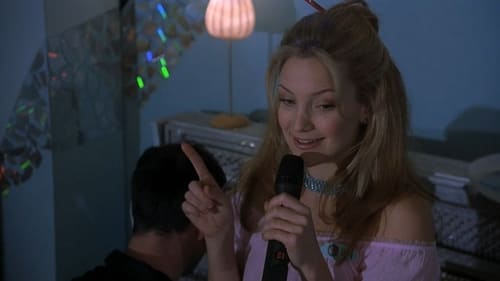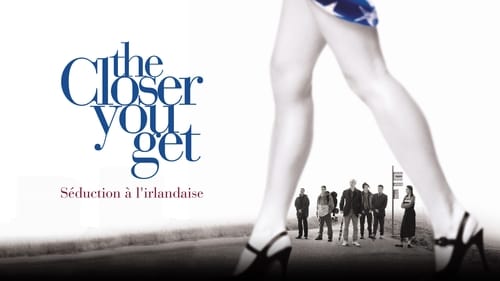
Aine Quinn
In 1976 the British Government put an end to the special category status of prisoners from the Provisional Irish Republican Army, no longer treating them as prisoners of war, but as common criminals. Mairéad Farrell - on whose life much of the film seems to be loosely based - was the first woman Republican to be refused political status in 1976. By 1980, when the film is set, Margaret Thatcher was Prime Minister and doggedly resolute: “There can be no question of political status for someone who is serving a sentence for crime. Crime is crime is crime.” Silent Grace seeks to capture the struggle for the restoration of political status that was at the heart of prison protests in Northern Ireland - not just by the more celebrated male prisoners - but by a smaller number of women prisoners, led by Farrell, at the Armagh Women’s Prison.

Karen
술집에서 가수로 일하는 루시 오웬은 아담을 보자마자 첫눈에 사랑에 빠진다. 그 동안의 빈번한 만남과 이별에 식상해질대로 식상해진 루시는 아담의 매력에 푹 빠져, 만난지 얼마 되지 않아 그와 결혼하기로 작정한다. 그러나 아담을 그녀의 가족에게 소개하기 위해 집으로 데려온 루시는 아담의 매력에 그녀의 두 언니마저 정신을 잃었다는 것을 알게 된다.

Siobhan
Irish lads send an ad to the Miami Herald inviting fit and enticing women, between the ages of 20 and 21, to live in their isolated Donegal village. The whole town knows about the ad, and it sharpens everyone's sense of the opportunities for happiness already at hand. Kate, a publican with a young daughter, is separating from her husband and catches the eye of a bachelor sheep farmer. Kieran the butcher realizes that his assistant Siobhan is comely, and then he discovers she's fiery as well. Ollie sends off for Dutch skin magazines that the village postmistress won't release to him. The men, and women, find counsel in their movie-loving priest. Will anyone answer the ad?


